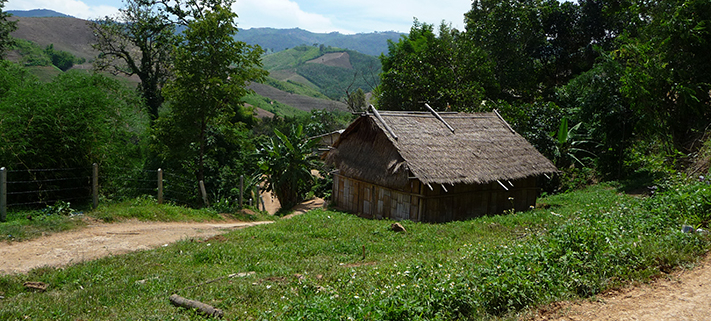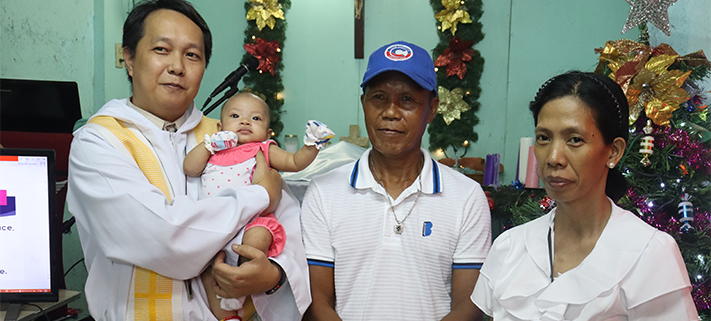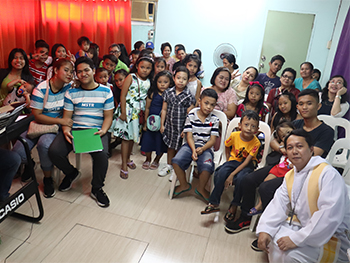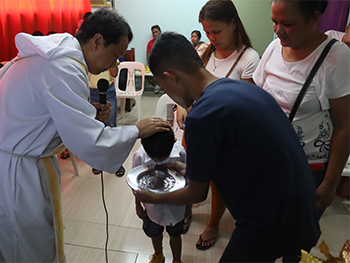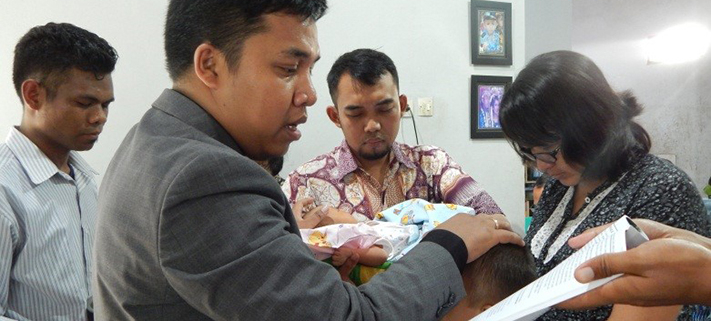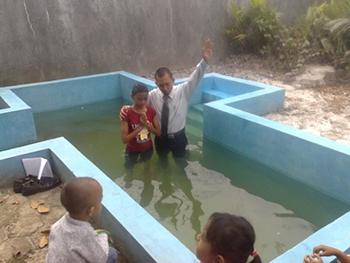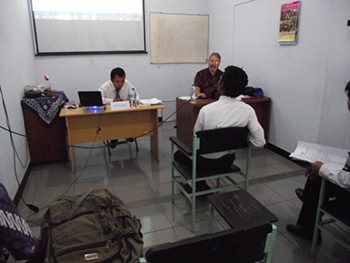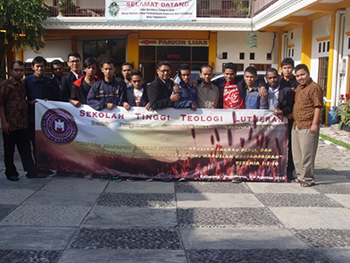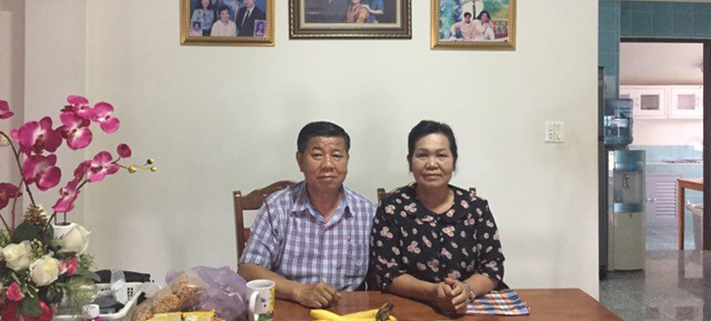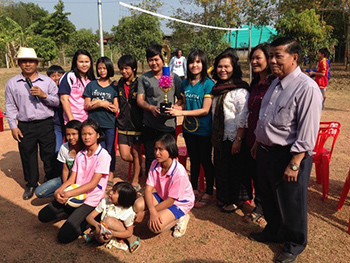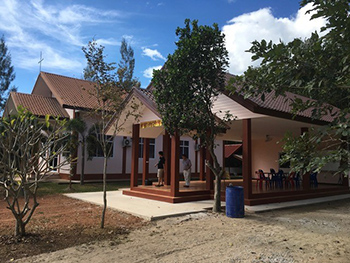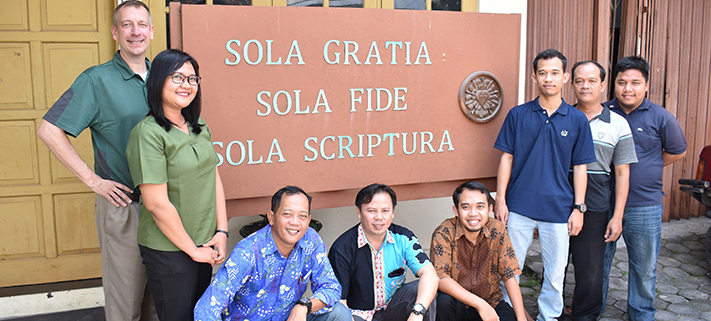When are you going to visit us?
First, I thank my God through Jesus Christ for all of you, because your faith is being reported all over the world. God, whom I serve in my spirit in preaching the gospel of his Son, is my witness how constantly I remember you in my prayers at all times; and I pray that now at last by God’s will the way may be opened for me to come to you. – Romans 1: 8-10
How many people do you know have been born in their native country, but war forced them to escape their homeland? More than a decade ago, a member of Immanuel Hmong Lutheran Church, St. Paul, Minn., reached out to a congregation in the far east of Thailand. The leader of this Hmong congregation contacted me, and we became friends. Soon after that, a couple of young men came to study at our training center in Chiang Rai, Thailand.
Once I met them, a question was often raised, “When are you going to visit us?” I reassured them that when the right time comes, the Lord will lead me to visit. However, that vivid picture was long gone and a decade passed. Almost two years ago, this congregation approached us for financial support. We didn’t know what to expect because none of our Christian brothers in Thailand, whom we have fellowship with, have been into this new country. We also understood that there were security reasons and restrictions that prohibited us from visiting.
For us to have a better handle on this situation, we knew we needed to make a visit. In reality, you shouldn’t listen to stories or words without boots on the ground. Ears are for hearing, and eyes are for seeing towards better evaluations. And so we went.
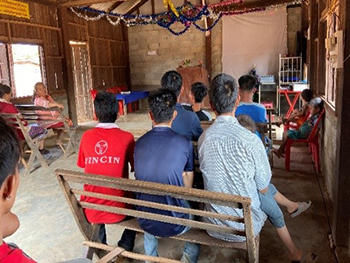
My heart was always yearning to see and walk the dusty roads my parents once lived. I wondered how the fresh air of the village smelled, what the green mountains looked like, and what an organic banana tasted like. I questioned how lifestyles and living standards had changed since I left more than four decades ago.
I heard all the good and horrible stories as I grew up. I vividly remember when my family ran from jungle to jungle for survival during the Vietnam War. It grieves me to think of all the defenseless people when I think of this war-torn country. Deep inside of me, no words can describe the pain many of my people once faced. I’m disappointed that I was born during the war; this country robbed me of my childhood and education. Toys and school never once crossed my mind as a child. Only fear, hunger, and endurance provided me with experiences and stories to tell my children.
I was sitting in a plane flying from Bangkok, Thailand, crossing into my destination country, when the flight attendant announced that we would be landing soon. The plane started descending lower and lower to the ground I longed to see. I felt a chill down my spine amidst my mixed emotions. How was I going to get through this trip?
When I arrived, the congregation I was visiting still required a whole day’s journey by land. In this country, freedom of speech and the use of the Bible, or as some people called it “The New Way,” is not allowed in public. I realized how much we must treasure the gospel. When a group of people does not have the privilege to speak or share what they firmly believe, it is like having eyes but no vision. As a visiting missionary, I observed everything from start to finish without saying anything. It created a different yet pleasant experience. When I speak, I only return what I already know. When I listened, I discovered something new. I will never take the gospel for granted and the liberty of the United States, which I live.
Although the country I visited restricts Christianity, there is always hope. Some people have the opportunity to worship and conduct Bible study privately. We pray that as the country is beginning to develop along with chasing after economic prosperity, that the Lord opens doors for the gospel. One thing we can be sure this country needs most is the promise of the message of salvation through Jesus Christ.
As Isaiah said, “but those who hope in the Lord will renew their strength. They will soar on wings like eagles; they will run and not grow weary, they will walk and not be faint.” – Isaiah 40: 31
Written by a visiting missionary from St. Paul, Minn.
WELS Missions
Learn about the ministry work of WELS Missions.
SUPPORT MISSIONS
Support the ministry work of WELS Missions.
[fbcomments num=”5″]

